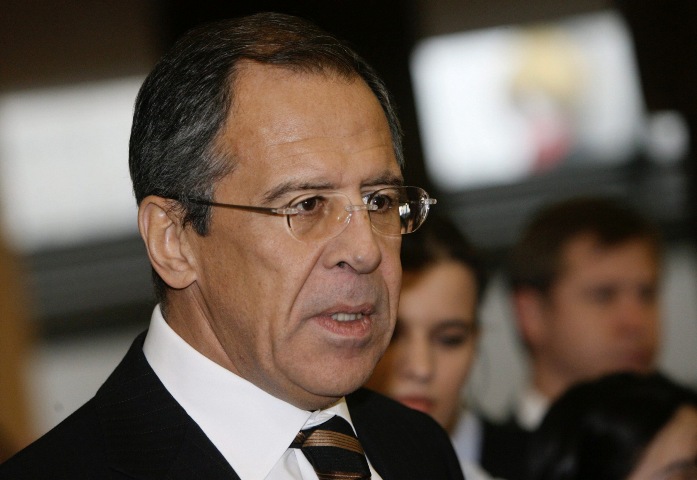US slams Russia for criticism of Indo-Pacific, says concept 'principled vision'

- Country:
- India
The US slammed Russia on Thursday for calling the Indo-Pacific initiative a "divisive approach" to disrupt the existing regional structures and said the concept was not aimed at excluding any nation but was a "principled vision". In his address at the Raisina Dialogue, Russian Foreign Minister Sergei Lavrov had on Wednesday strongly criticized the US-led Indo-Pacific initiative, aimed at containing China's influence in the region.
Responding to the criticism, US Deputy National Security Adviser Matthew Pottinger said a free and open Indo-Pacific was not a bloc or military alliance, but a principled vision. "It is a community of countries that respects the rule of law, stands up for freedom of navigation in the seas and skies above, promotes open commerce, open thinking and above all, defends the sanctity of each nation's sovereignty," he said at the final session of the Raisina Dialogue.
"So, it is free and open, does not exclude any nation, but it does ask each nation to respect and promote those principles that we hold in common," Pottinger said. He slammed the visions competing against the Indo-Pacific such as the Eurasian economic project, saying these visions were less free, less open, less flexible and tended to be more hierarchical and coercive.
Taking a dig at suggestions for Russia's possible alliance with China and Iran, Pottinger wondered what kind of talks would the three countries have -- "what kind of face recognition software you use to recognize protesters" or how to make a "better debt trap". Agreeing with Pottinger that Indo-Pacific was a principled vision, Foreign Secretary Vijay Gokhale said the Asia Pacific was a colonial concept.
"India was connected to China and South East Asia for millennia. That connect was broken by colonization.... (Today) global commons are important and Indo-Pacific is a global common," he said.
(This story has not been edited by Devdiscourse staff and is auto-generated from a syndicated feed.)










